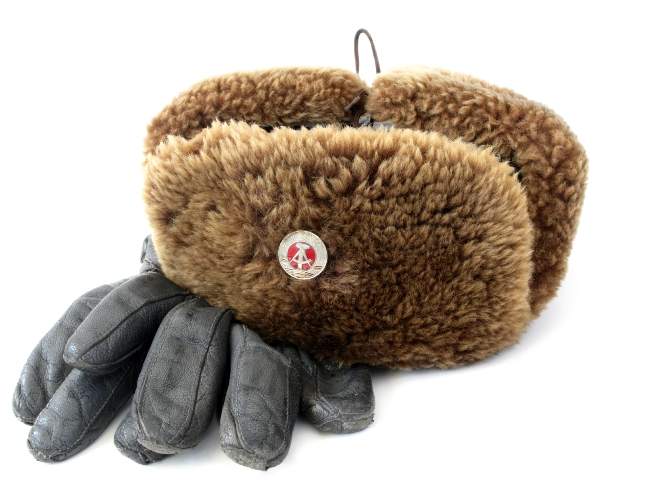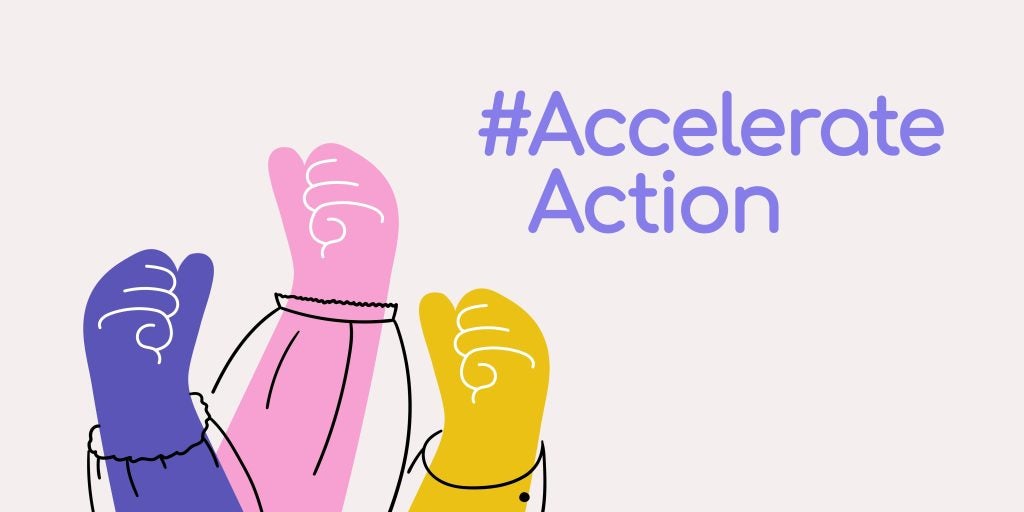As relations cool between Russia and the West, Head of WealthInsight, Oliver Williams, examines how Russian HNWIs are reacting.
On 29th January, the US Treasury Department published its long awaited ‘Oligarch List’. In it 97 Russian oligarchs were shamed, but not sanctioned, in retaliation to Russian involvement in the 2016 elections.
Forbes Magazine were quick to point out this was in fact a replica of its 2017 billionaires list. “There is not a statutory or regulatory definition of oligarch, so Treasury included the $1bn threshold as a reasonable number, which is similar to criteria contained in the U.S. Forbes list,” a spokesperson from the magazine said. The Treasury later admitted the same.
Already those billionaires are starting to face additional scrutiny. Bloomberg reported that one billionaire is expecting a deal to collapse due to his inclusion on the list. Their data also reportedly shows Russia’s richest person, Alexey Mordashov, saw his wealth drop by over $1bn in the 10 days following the list’s de-classification.
Penalising individuals due to their wealth and not wrong-doing is worrying for wealthy citizens of any country. But for Russian HNWIs above or below the $1bn threshold it is deeply unnerving.
And as politicking between Russia and the West becomes more fraught, sources have told Private Banker International (PBI) that some Russian HNWIs are considering relocating their capital and even their citizenship.
Londongrad no more?
Following the poisoning of Sergei Skripal, PBI understands that many UK-based Russian HNWIs have found they are the subject of growing hostility towards the oligarchy.
“We can use the usual sanction we use for crooks to make life uncomfortable for them” chair of the Foreign Affairs Committee, Tom Tugendhat told parliament, referring to UK-based Russians with links to the Kremlin.
One such sanction is the Unexplained Wealth Order (UWO), a new investigative power granted to law enforcers at the beginning of February.
Already the National Crime Agency (NCA) has been granted two UWOs to investigate the properties of a politically exposed person (PEP), identified by the FT as ‘a politician from central Asia’. 50 more UMOs are being mooted.
Suggested changes to the UK’s ‘Golden Visa’ might also make life harder for wealthy Russians in Britain.
Dame Margaret Dodge is among those asking for the Tier 1 Investor visa, which asks for £2m to be invested in the UK, to be reviewed in light of the poisoning.
And Russians seem to be getting the hint: Only 16 Russians applied for the visa in 2017, down from 196 in 2015 according to Home Office figures.
Citizenship Shopping in Singapore
Might Russian HNWIs start choosing other domiciles over the UK?
Shorex Capital, which provides second citizenship and residency solutions has seen a heightened demand in its services from Russian HNWIs. “We are currently witnessing a higher number of applications this year”, says its CEO Inna Iranyi.
“Most Russian HNWIs clients I handle settle for the Cyprus citizenship programme”.
HNWIs seek second citizenships for a variety of reasons however. “I would not single out a geo-political risk as a factor”, says Iranyi. The Cyprus programme, for example, provides the applicant with an EU passport allowing visa free travel to 27 European countries.
If such hostility towards Russia’s elite continues in Western Europe and the North America, some might take their money to Asia argues Nuri Katz, founder of Apex Capital, which also handles second citizenships in addition to real estate and wealth management.
“None of the Asian countries are cutting ties with Russia….There are lots of Russians setting up companies in Singapore” says Katz. Currently there are 650 Russian companies operating out of Singapore, up from just 14 in 2004.
Serguei Beloussov, the founder and chief executive of tech firm, Acronis, is among the high profile Russians that have opted for Singaporean nationality. According to the Russian Embassy in Singapore there are now 4,500 like him, a tenfold increase since 2004.
Though a Singaporean passport might not grant visa-free access to as many important markets as a Cypriot one, the country’s famous ease of business is appealing to many struggling under sanctions in Russia.
Russia’s Prodigal Sons
Now everyone sees sanctions as bad for business, however. “A lot of sanctions have only been a good thing for the Russian economy”, says Katz, pointing out that many sectors of the Russian economy have thrived thanks to a ban on imports in tit-for-tat sanctioning between Russia and the West.
The agriculture industry is one of them. Since banning certain US and EU food imports in 2014, Russia’s fisheries and farming have boomed. Food exports from Russia increased by 25 percent to a record $19bn in 2017.
Katz is among those predicting figures like these will lure HNWIs back to Mother Russia: “We’re only going to see more money going back into Russia”.
In order to ease the process, last month Russia released a $750m Eurobond in London which included an unusual clause allowing repayment in roubles.
This led many to suggest the bond was designed to allow Russians to repatriate their wealth. “It was a very good instrument for Russians who are concerned about the safety of their capital…to repatriate”, Christopher Granville, managing director of global political research at TS Lombard told CNBC.
But many have yet to be convinced. According to GlobalData, 40.6% of Russian HNWI wealth was held abroad in 2016, far above the global average of 20-30%.
Russia also has more of its billionaires living abroad than any other country. Few will want to make any sudden changes in their capital or citizenship, though most will want to stay out of Forbes lists from now on.








